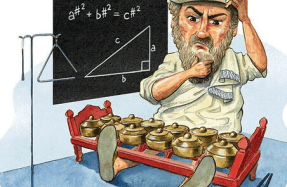

Mozart
Violin Concertos, Vol. 2: K 207, 211 & 219 ‘Turkish’
Francesca Dego (violin); Royal Scottish National Orchestra/Roger Norrington
Chandos CHAN 20263 67:55 mins
When considering ‘old school’ versions of Mozart’s violin concertos, Henryk Szeryng’s 1960s set for Philips with the National Philharmonic and Alexander Gibson still strikes me as the benchmark recording. Yet listening to Francesca Dego, Roger Norrington and the Royal Scottish National Orchestra responding with micro-fine nuances of phrasing, articulation and dynamic to Mozart’s Salzburg style at its most sparkling and invigorating, takes this music to a whole new level. Dego’s finespun tone, exquisite timing and enchanting musical inquisitiveness, not to mention her delightfully spontaneous decorating of musical lines, combine to create an uplifting sense of the music being composed as it goes along.
Once upon a time, violinists were in part defined by their rate of vibrato – even when it occasionally played havoc with bow contact, they would keep it going to the bitter end (before and after a note had even been sounded). By comparison, Dego uses vibrato sparingly and with absolute precision and finesse. This naturally enhances the range of bow strokes available, and this is where Dego really comes into her own. By deftly varying rates of bow pressure, angle, velocity, points of contact and types of lift, every phrase seems to take on its own unique identity.
Norrington couldn’t have wished for a finer recorded swansong
Above all, the solo line interweaves and interacts with the orchestral parts in a way that creates a compelling sense of collegiate music-making. All of which could have gone for nothing if it wasn’t for the RSNO’s vibrantly alive, texturally enchanted playing under Norrington’s inspired direction, captured in state-of-the-art sound. He could hardly have




